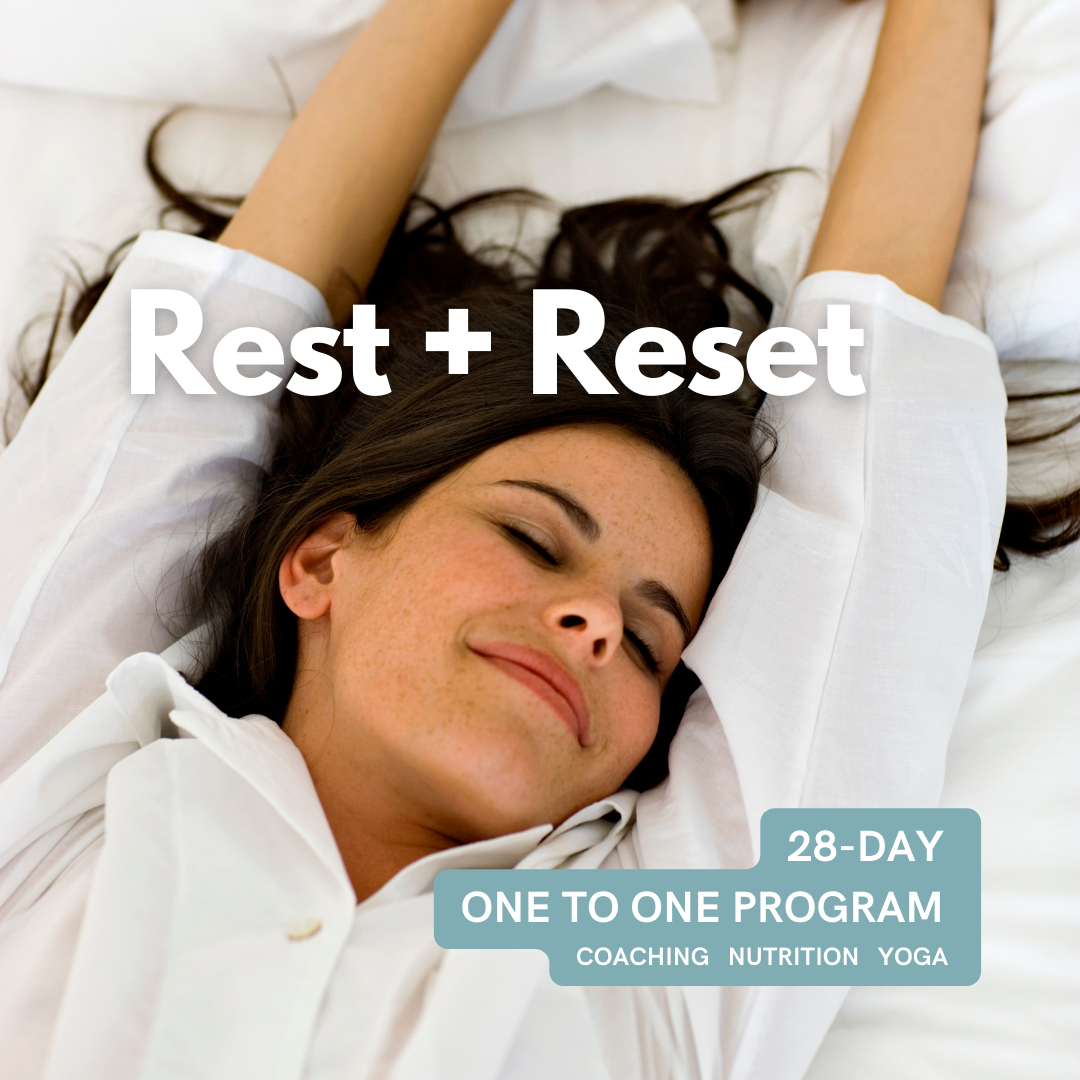Relationship with caffeine?
I have a love hate relationship with my cup of coffee.
I LOVE its warmth, its depth, and satiating qualities. I look forward to my cup every morning. My husband has a fancy barista coffee machine, where he grinds beans and preps my coffee with a milky heart or flower in the cup.
The thing is, I know it is not doing my body any good. My relationship with coffee has changed since I’ve noticed that I am indeed in perimenopause. The biggest change is my brain’s reaction to the coffee. I feel wired and overstimulated and dare I say it… annoyed. It also impacts my digestion, making it run faster. And we all know sleep is a problem, right?
I do not want to take away your beloved coffee.
But here are the top 6 reasons why you should consider reducing/quitting coffee or caffeinated beverages if you are in perimenopause or menopause:
The top 6 reasons why you should consider reducing or quitting coffee/tea.
1. Hormonal balance:
What is important to know, is that the ovaries make less and less estrogen and progesterone starting around the age of 40 years old. When we hit 50… hormone levels drop significantly. As these hormones drop, the adrenal glands pick up a bit of the slack and it starts to product its own version of estrogen.
Here’s where it gets interesting. The caffeine from coffee, tea, or energy drinks, will stimulate the adrenal glands prioritizing that a different set of hormones gets created — cortisol and adrenaline. These two hormones are what help you to feel more alert. However, as the adrenals are busy creating these “stress” hormones, it may not be able to create enough estrogen. And well, with lower levels of estrogen, you might experience an increase in hormonal symptoms such as hot flashes, mood swings, and sleep troubles.
2. Sleep trouble:
Many women experience sleep problems, including insomnia and strange sleep patterns like waking up many times at night. Caffeine is a stimulant and does not help the situation.
What we women need to focus on is sleep quality. Cutting back on caffeine, particularly in the afternoon and evening, will be a game changer. Consider having your last cup before 2pm. I won’t have coffee past 11:30, because that’s where it becomes troublesome for my body and my sleep.
3. Bone health:
We know as we age, there is a decline in bone density, which increases the risk of osteoporosis. This is because estrogen plays a role in building bones in women. Did you know that high caffeine intake has been linked to calcium loss in bones? Easing up on drinking caffeinated beverages can help support bone density and reduce the risk of future fractures. In addition to easing upon the caffeine, make sure to add in vitamin d, k, and calcium to your nutrition either via food or supplements.
It is a good question… how much is a high caffeine intake?
My research has shown… 400 milligrams per day is considered a high intake of caffeine.
That is about:
4 cups of brewed coffee
10 cans of cola
2 energy shots
4. Anxiety and irritability:
We know those feelings of anxiety, irritability, and mood swings due to hormonal changes from our monthly period. Going through menopause is quite similar with angry mood swings that reach all new levels. Caffeine is a stimulant. That means caffeine can exacerbate these menopausal symptoms and increase the feeling of being nervous and restless.
5. Heart health:
Menopause is a timeframe where estrogen and progesterone start to decline. It is at this same time when women start to be more at risk for heart and cardiovascular problems. Caffeine may push your blood pressure and heart rate up. This could be problematic for women if they have pre-existing heart conditions. You may notice palpitations, nervousness and an uneasy feeling. It may be a good time to let go of the daily cup of coffee.
6. Bladder problems:
We all go through bladder issues at one time or another. Our parts are set up differently than men. As women go through the Menopause they may feel that they bladder is irritated, incontinence may start to show up, or they might be having the feeling of urgency to get to the toilet. Caffeine is a diuretic and it can irritate the bladder making this issue more apparent. Again, not everyone has the same feeling or symptoms, so take it step by step.
Conclusion
Remember, every woman’s body is unique and how you respond to caffeine may be totally different. If you have any doubts, work with your doctor or pharmacist to explore the symptoms and what solutions could work for you. The solution may be giving up the caffeine, but could also include herbal remedies, medicines, or lifestyle changes. You never know. Just keep track of your symptoms in a diary or checklist so that you can better explain your situation to your healthcare provider.
References
Ninad S. Chaudhary, Michael A. Grandner, Nicholas J. Jackson, Subhajit Chakravorty,
Caffeine consumption, insomnia, and sleep duration: Results from a nationally representative sample.
Nutrition, Volume 32, Issues 11–12, 2016, Pages 1193-1199, ISSN 0899-9007
Berman, N.K., Honig, S., Cronstein, B.N. et al. The effects of caffeine on bone mineral density and fracture risk. Osteoporos Int 33, 1235–1241 (2022). https://doi.org/10.1007/s00198-021-05972-w










